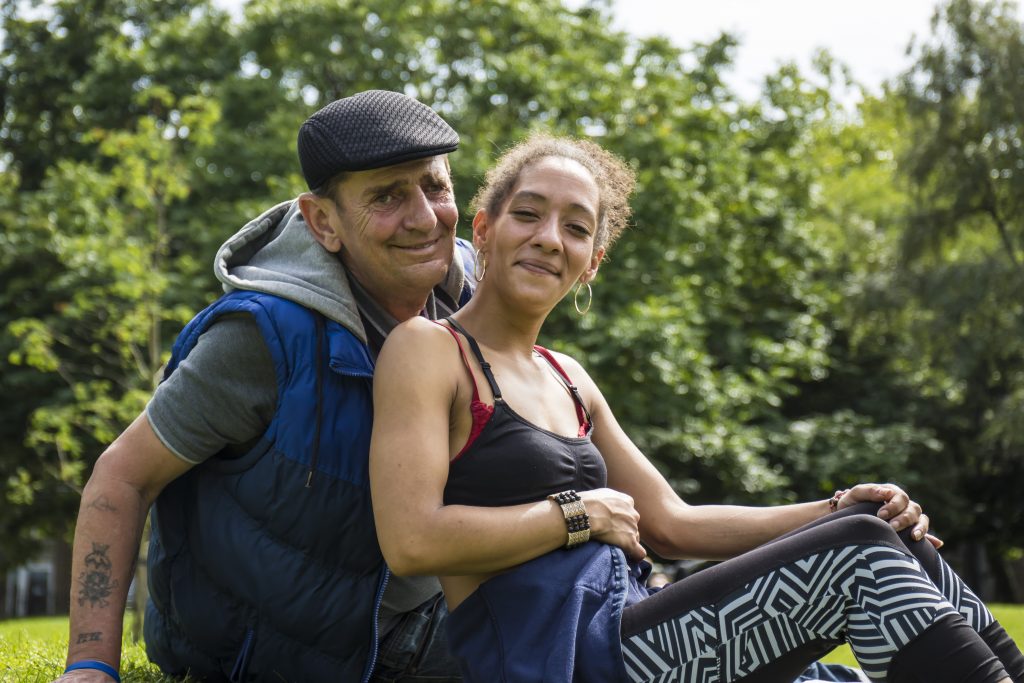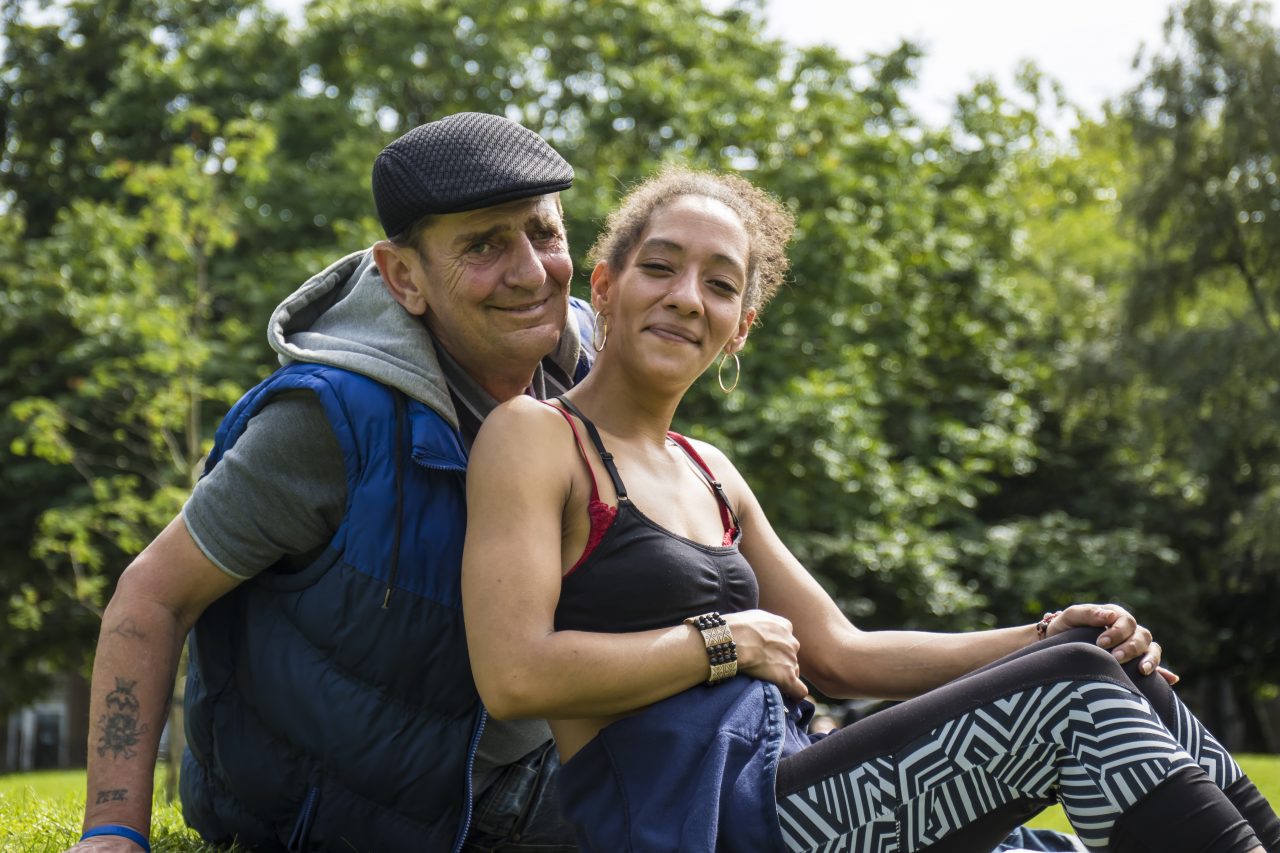
Why is it so hard to get a roof over our heads?
We all need somewhere to live. It seems pretty simple. But wherever you live in the world, for a lot of people and particularly young people, it’s anything but.
In the past two weeks, we've spoken to homeless people, to academics, to campaigners, and to people coming up with their own creative ways of avoiding the housing crisis.
We've asked them how they feel about the process of trying to find a home, what economics has to say about why it's so difficult, and how we might be able to fix it.

Economy is based in Hackney, East London. Hackney has houses that sell for millions of pounds, and is seriously expensive to rent in – but it’s also got some of the highest rates of poverty in the country. So we started our investigation by going and speaking to people in our local park, to find out how they feel about their housing situation.
We met Cassandra (above), who's living in a hostel after some time on the streets. "I was so happy, it was like heaven," she said. "They’re shutting hostels down when they should be building more – I know people who are stuck on the streets for weeks, months, years. But we keep going, we keep striving in the hope that someday we’ll get somewhere."
Even for those on a wage, things are difficult. "If you’re on minimum wage you can’t afford to live round here," said James, another Hackney local. "It’s not just rent. You have bills to pay, you have to travel to and from work – you’d end up working 60 hours a week just to afford basic things. But I don’t know how you’d change that. " Read more about Cassandra, James, and others we spoke to here.
But has it always been like this?
We decided to focus on just one story, to see how housing’s changed across four generations of a London family.
Colleen's parents moved to East London council housing in 1939, and has been there ver since. She and and her partner were lucky enough to get a grant from the government in the 1980s, and bought a house near London's famous Columbia Road Flower Market.
Her son is 30, and lived at home until just a few years ago, unable to afford a home of his own – and what things will be like when it's her grandsons' turn to find a house, she's afraid to even think about.
"I hate to think about this actually," she said. "I feel really conflicted about it - the wealth we’ve acquired through property means that in relative terms it’s colossally more valuable than the house we bought, and I feel like that wealth has got to be protected." Here's the full story of Colleen and her family – from the 1940s to now.
So, the problem is fairly clear. Where does it come from?
What does economics have to say about how the housing situation has become so difficult – not just in the UK, but around the world? We spoke to Kenneth Gibb, a housing professor from the University of Glasgow about the key things everyone should know on the issue.
The first thing to know, says Kenneth, is that renting isn't all bad. It gives people flexibility, and allows us to live in areas we couldn't afford to buy in but enjoy. We've just got to know our rights, and understand the crucial difference between and a lot of other markets: to us, a house is a home, but to a lot of other buyers, it's an investment. That makes a difference – here's why.

Okay, we've learnt the theory. But do we have the power to change things?
Part of what makes housing such a complicated issue is there's so many different parties and interests involved – from people who just want a home, to investors looking to make money by buying up properties, to governments trying to sort the best way to oversee building new houses at the pace that people need them.
Countless campaign groups around the world exist to try and make sure people's right to shelter isn't denied as a result of bad planning or predatory landlords.
Priced Out is just one of a huge number of organizations that are trying to change the housing situations. We asked them how they'd fix the housing crisis if they had all the power in the world. Here's their five point plan to make everything better.
And if all that fails, you could just live in a van by the sea...

What if you don’t want any of it? Renting isn't the only option out there for people who aren't interested in buying.
We met four people who’ve taken their housing into their own hands for some inspiration on creative ways to avoid the housing crisis – from guardianship, to co-ops, to living in a tent. Read their stories here.



